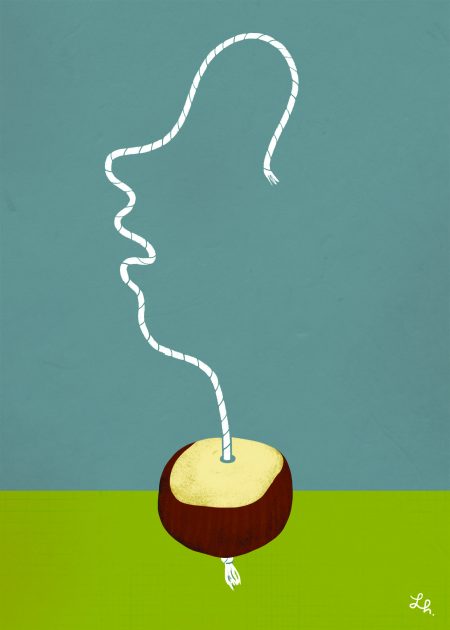
Once you begin your search, if you don’t find it in the usual spots, think back carefully. To carry out a successful search, Solomon recommended following the “Three C’s,” which consist of comfort, calmness and confidence. Solomon says to sit down, relax, and clear your mind.

When your grocery list is nowhere to be found, and you’re about to leave for the store, your first instinct may be to frantically rummage through the entire house.īefore you do, follow the advice of Professor Solomon, findologist and author of “How to Find Lost Objects.” If you put items like your cell phone or wallet in the same spot in the first place, you are less likely to put it somewhere else and lose track of it. Set up a habit to fold and put away clothes as soon as possible after they come out of the dryer. If you keep all of the clothes you regularly wear, along with accessories such as belts and scarves, in the same closet, you’ll have a central spot to get ready in the morning. “Establishing routines and leaving items in the same place minimizes ‘misplaced’ items,” noted Jennifer Zientz, head of clinical services at the University of Texas at Dallas’ Center for BrainHealth. When you’re looking for a shirt, you can open up the cabinet and search through the spot to get the one you have in mind.

“Open shelves and cubbies make it easier to see each garment,” said Deb Broockerd, a senior designer at Closet Factory, a custom storage solution based in Los Angeles.Īnd if you prefer everything in one spot, but not folded perfectly, consider cabinets with doors, advised Broockerd. If you love open spaces and neat arrangements, organize your wardrobe to reflect that perspective. When organizing your dressing area and closet, think about how you like to find pieces. After a while you might forget exactly what you have put into storage. If you have things stashed away in a self-storage unit, closet, or attic, keep an inventory list of those items. If you bring out an Elf on the Shelf each year, create a note that includes information about where it is stored and when you need it. To keep track of an important piece you only use once or twice a year, make a note on your calendar with a reminder alert scheduled for several days before you need the item, advised Pfeiffer. It might take a bit more effort, but at least you might clean up a little in the process and hopefully find what you are looking for sooner.

Instead go straight for the most cluttered piles in your home, where your missing item is most likely buried. This is counterintuitive since if the lost item was in a clean area, you would probably see it right away and it wouldn’t be missing! A study from University of Aberdeen in Scotland found that the brain tends to automatically search for things in the cleanest area first.

While lost items are always discovered hiding in the last place you look, if you start with the most cluttered parts of your home you might find what you are looking for in the first place you look. To get started: consider a wooden cubby storage unit, storage bench, or wall shelves. You might use a basket for electronics or phones, trays for glasses or keys, and drawers for smaller items. Also add tools to make it work, advised Pfeiffer. Set up this station by the door that your family members use the most. “Create a ‘Command Central’ area where you keep keys, handbags, backpacks, cell phones, and other important items you need on a daily basis,” said Leticia Pfeiffer, organizing stylist and founder of Styled & Organized Living in Dallas. To save time, and reduce frantic hunts for missing items, follow these strategies to keep your possessions in their proper places. For some, the amount of time dedicated to searching is even greater: 27 percent spend two hours or more looking for belongings in their house, the survey found That adds up to more than 100 hours a year of digging through couch cushions and piles of clutter to find missing objects. If you’ve ever spent more time than you would like trying to track down your car keys, you’re not alone.Īmericans spend an average of two hours each week looking for misplaced items in their home, according to a recent survey conducted by SpareFoot for National Moving Day.


 0 kommentar(er)
0 kommentar(er)
